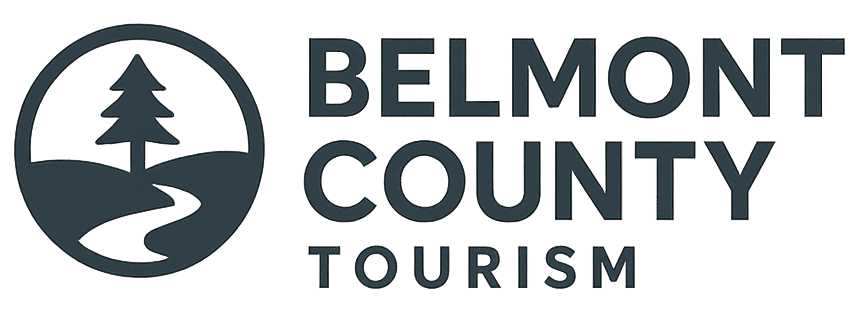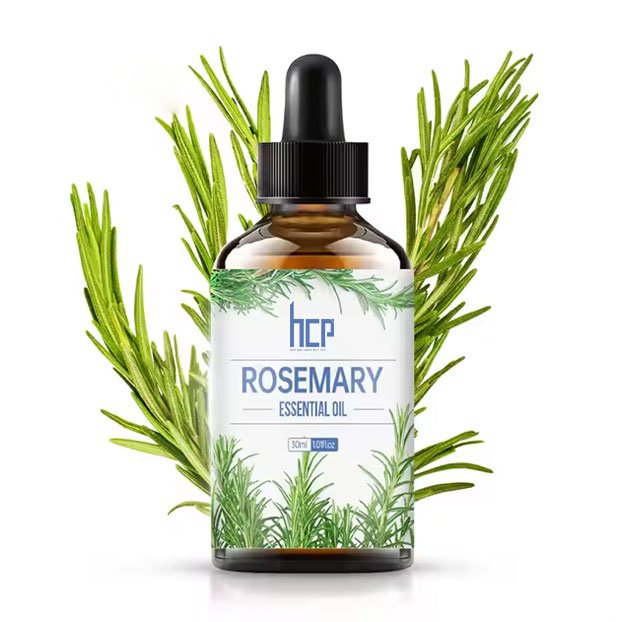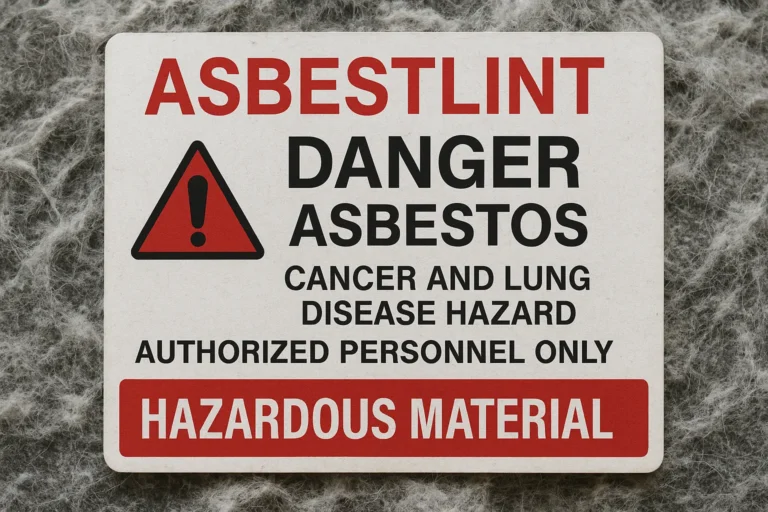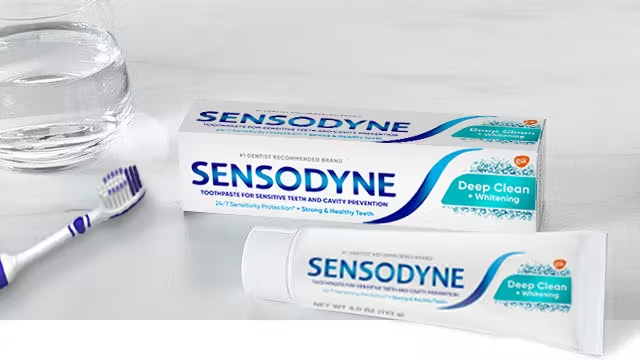Rosemary Oil Suppliers: Global Leaders, Quality Standards, and Sourcing Insights
Rosemary oil suppliers provide essential oils extracted from Rosmarinus officinalis, a Mediterranean evergreen herb valued for its aromatic and therapeutic compounds. Businesses depend on reliable suppliers to ensure purity, compliance with global standards, and consistent availability. This guide identifies supplier categories, market leaders, sourcing regions, and procurement strategies with unmatched depth.
Global Overview of Rosemary Oil Suppliers
Key Producing Countries
-
Spain – Specializes in pharmaceutical-grade rosemary oil.
-
Morocco – Known for organic and wild-harvested rosemary oil.
-
Tunisia – Exports bulk rosemary oil to Europe and Asia.
-
India – Provides large-scale commercial rosemary oil production.
-
China – Supplies industrial-grade rosemary oil at competitive prices.
Supplier Market Statistics
-
Global rosemary oil production exceeds 4,000 metric tons annually.
-
Spain and Morocco dominate premium exports by value.
-
India and China lead bulk volume supply chains.
Types of Rosemary Oil Suppliers
Bulk Oil Suppliers
Bulk suppliers deliver quantities ranging from 5 kg containers to 180 kg drums, suitable for cosmetics and pharmaceutical manufacturers.
Organic Certified Suppliers
Organic suppliers carry USDA, EU Organic, and India Organic certifications. They attract buyers in health, wellness, and clean-label food industries.
Wholesale Distributors
Wholesale suppliers aggregate oils from multiple producers, reducing risk and ensuring availability across diverse regions.
Private Label Manufacturers
Private label suppliers create customized rosemary oil products under buyer branding, offering OEM services including bottling, labeling, and packaging.
Quality Standards Maintained by Suppliers
Chemical Profile Requirements
Rosemary oil typically contains:
-
1,8-cineole – respiratory support.
-
Camphor – muscle relaxation.
-
Alpha-pinene – antimicrobial action.
-
Borneol – circulation enhancement.
Essential Certifications
-
ISO 9001 for quality management.
-
ISO 9235 defining natural oils.
-
GMP certification ensuring safe production.
-
Halal and Kosher certifications for specialized markets.
Testing Protocols
Suppliers use:
-
Gas Chromatography-Mass Spectrometry (GC/MS).
-
Optical rotation measurements.
-
Refractive index testing.
-
Microbial safety analysis.
Top Rosemary Oil Suppliers by Region
| Country | Leading Supplier | Specialization | Key Export Markets |
|---|---|---|---|
| Spain | Ernesto Ventós | Pharmaceutical-grade oils | EU, USA |
| Morocco | Maroc Essences | Organic distillation | Europe, Middle East |
| India | AOS Products | Bulk & pharma-grade | Asia, North America |
| China | Greenleaf Oils | Industrial rosemary oil | Global |
| USA | Berjé Inc. | Wholesale distribution | North America, EU |
Industry Applications of Rosemary Oil
Aromatherapy
Suppliers deliver therapeutic-grade oils for stress relief, focus improvement, and respiratory support.
Cosmetics and Haircare
Rosemary oil is used in shampoos, scalp tonics, serums, and lotions for its antioxidant and anti-inflammatory effects.
Pharmaceuticals
Medicinal suppliers provide standardized rosemary extracts used in pain relief balms, digestive aids, and ointments.
Food Industry
Rosemary oil functions as E392 (natural antioxidant), extending the shelf life of processed foods.
Procurement Guide for Buyers
Factors Influencing Price
-
Geographic origin of raw material.
-
Certification (organic, GMP, Halal).
-
Bulk volume requirements.
-
Seasonal harvest yield.
Average Price Ranges
-
Bulk rosemary oil: USD 25–55 per kg.
-
Organic certified oil: USD 45–75 per kg.
-
Pharmaceutical-grade oil: USD 80–120 per kg.
Supplier Verification Checklist
-
Confirm certification authenticity.
-
Request GC/MS analysis report.
-
Verify trade references.
-
Compare incoterms (FOB, CIF, DDP).
Sustainable Sourcing Practices
Ethical Harvesting
Suppliers in Morocco and Tunisia use sustainable wild-harvesting methods to preserve biodiversity.
Carbon Neutrality
European suppliers invest in solar-powered distilleries and recyclable packaging.
Fair Trade Initiatives
Certified suppliers join Fair for Life programs, ensuring fair wages for farming communities.
Future Outlook for Rosemary Oil Suppliers
Innovation Trends
-
Supercritical CO₂ extraction improving yield.
-
Nanotechnology enhancing drug delivery formulations.
-
Digital traceability systems ensuring transparency.
Growth Regions
-
Asia-Pacific driving demand due to rising incomes.
-
Middle East increasing imports of Halal-certified oils.
-
Latin America expanding repackaging industries.
FAQs on Rosemary Oil Suppliers
1. How do rosemary oil suppliers guarantee purity?
Suppliers guarantee purity through GC/MS reports, ISO 9235 compliance, and traceable sourcing.
2. Which country exports the highest quality rosemary oil?
Spain exports the highest pharmaceutical-grade rosemary oil, standardized by European Pharmacopoeia.
3. What certifications are essential for international rosemary oil trade?
Certifications include ISO 9001, GMP, USDA Organic, Halal, and Kosher.
4. How do buyers verify supplier authenticity?
Buyers verify authenticity by checking certification bodies, requesting third-party lab tests, and auditing facilities.
5. What is the typical minimum order for bulk rosemary oil?
Most suppliers set a minimum order of 5–25 kg depending on region and certification.
6. Are rosemary oil suppliers shifting to sustainable practices?
Yes. Many suppliers adopt renewable distillation, biodegradable packaging, and ethical farming agreements.
7. Can rosemary oil suppliers provide customized formulations?
Private label suppliers offer custom blends, branded packaging, and tailored formulations.
Learn More: Tooth Sensitive Toothpaste: The Definitive Guide to Relief and Protection
Pabington: Complete Guide to History, Culture, and Modern Relevance
Conclusion
Rosemary oil suppliers play a critical role in global essential oil trade. Spain, Morocco, Tunisia, India, and China lead supply chains with distinct strengths in quality, volume, and certification. Buyers must evaluate suppliers by origin, testing, compliance, and sustainability. As demand grows in pharmaceuticals, cosmetics, and food industries, suppliers adopting innovation, transparency, and ethical practices will dominate the market.






